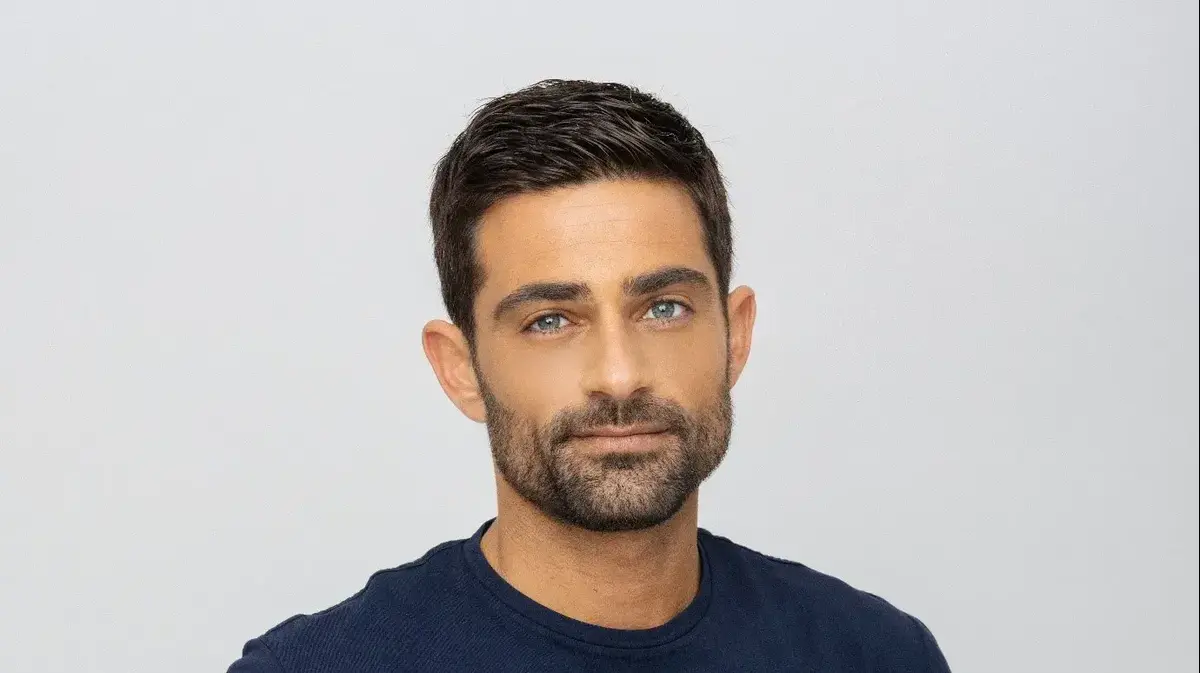In the eternal return of what are now called culture wars, the deputy mayor of Madrid, Begoña Villacís, has been announcing that she will not participate in the recurring “cancellation culture” that seems to devastate everything.
Recently, the singer Alaska also referred to this concept, which seems to alert people of the most diverse sensibilities to fight against this new giant.
The Villacís case would be anecdotal if he had not recently used a video on social networks in which he denounced the "censorship" to which various artists were subjected, including Woody Allen, John Ford, William Shakespeare or Leni Riefenstahl.
The video serves to exemplify several premises that circulate chaotically or with impunity that I will try to expose here.
To begin with, the voluntary confusion between cancellation and censorship.
Those who defend the existence of a growing wave of accusations, mainly on social networks, speak of an ethereal and indefinable censorship of a work or its author linked to the public's response to the publication or exhibition of said work.
It is important to talk about the times.
In order for the work or the subject to be "cancelled" or "censored" according to this false premise, it must have been published, that is, it contradicts the real conception of censorship, in which the work is examined, suppressed or modified before it is published. see the light
As Gonzalo Torné explained in his text
About him, why do they call it “cancellation” when they mean criticism?
, “only 'public matter' has the capacity to spread without competition throughout society, effectively preventing publication or dissemination, at least without committing a crime”.
For there to be censorship, there must be a pre-existing body to the work that prevents its distribution.
For a work to be "cancelled", it must have been published, which contradicts the real conception of censorship
Therefore, the confusion is voluntary.
It is no coincidence that an intellectual of the stature of John Irving already spoke in the 1990s of a new censorious puritanism that prevented the publication of the famous novel
American Psycho,
by Bret Easton Ellis, referring to the feminist criticism that the text received.
The work had been rejected by one publisher (Simon & Schuster) for the explicit violence of its content and was finally published with great success by another (Vintage).
Irving did not consider the first publisher as a censoring entity, but rather defined the change as something understandable and attributable simply to a "break in contract", something normal in a capitalist society.
But not so the criticisms made by the literary critic Roger Rosenblatt, which he tried to boycott and censor.
Rosenblatt responded in a letter to
The New York Times:
“I don't know what a reviewer is supposed to do if he or she doesn't write in forceful terms about books they deeply dislike.
And if that is censorship, I am Napoleon.
What is at stake here is taste, not censure, and Mr. Irving knows it.
He identifies with my literary judgment on Mr. Ellis's book, but he chooses to interpret my harshness as censure, whereas I suppose he regards his liking merely as opinion."
With that example we can see what is actually being played.
Paraphrasing the phrase of the feminist Luciana Peker, who said of the conservative groups against the legalization of abortion in Argentina: "What bothers them is the desire" of women, we could interpret that what happens in these times is that what what a fuck is the social response.
Polanski, Riefenstahl or John Ford, to give recently used examples, are not censored.
Nor have they ever been.
Perhaps Riefenstahl or, why not, DW Griffith are not used daily as essential authors in cinematographic art?
What is the difference between the use of his work today and 30 years ago?
Which also refers to the context in which these works were created.
Riefenstahl was a collaborator of the Nazi regime and a propagandist of its image, Griffith situates
The birth of a nation
in a racist dystopia in which the black population dominates the institutions, so the Ku Klux Klan must regain control.
The works have historical context and also ideological intention.
And if we focus on the conception of the classic work —which is also victimized, Shakespeare without going any further is classified as a "censored author"—, we must also go to why a work becomes classic: because the horizon of expectation of the viewer continues to consider it a relevant work.
It is the viewer who establishes a response to the work, and not to the author.
It is the work that continues to be alive and, therefore, capable of being resignified.
Let's put an end to the dichotomy of the author and the work with a recent example: Polanski is not being censored, he won the César Award with his most recent film,
The Officer and the Spy
.
The indignation of the actress Adèle Haenel for an award to a film director who, let us remember, is still on the run for having raped a minor, remains in memory.
Haenel's rejection was forceful, as has been that of many other people.
What bothers is the criticism, what bothers is the response.
Lucía Lijtmaer
is the author of the essay 'Offended.
On the criminalization of protest' and the novel 'Cauterio' (both in Anagrama).
You can follow BABELIA on
and
, or sign up here to receive
our weekly newsletter
.
Subscribe to continue reading
Read without limits
Keep reading
I'm already a subscriber















